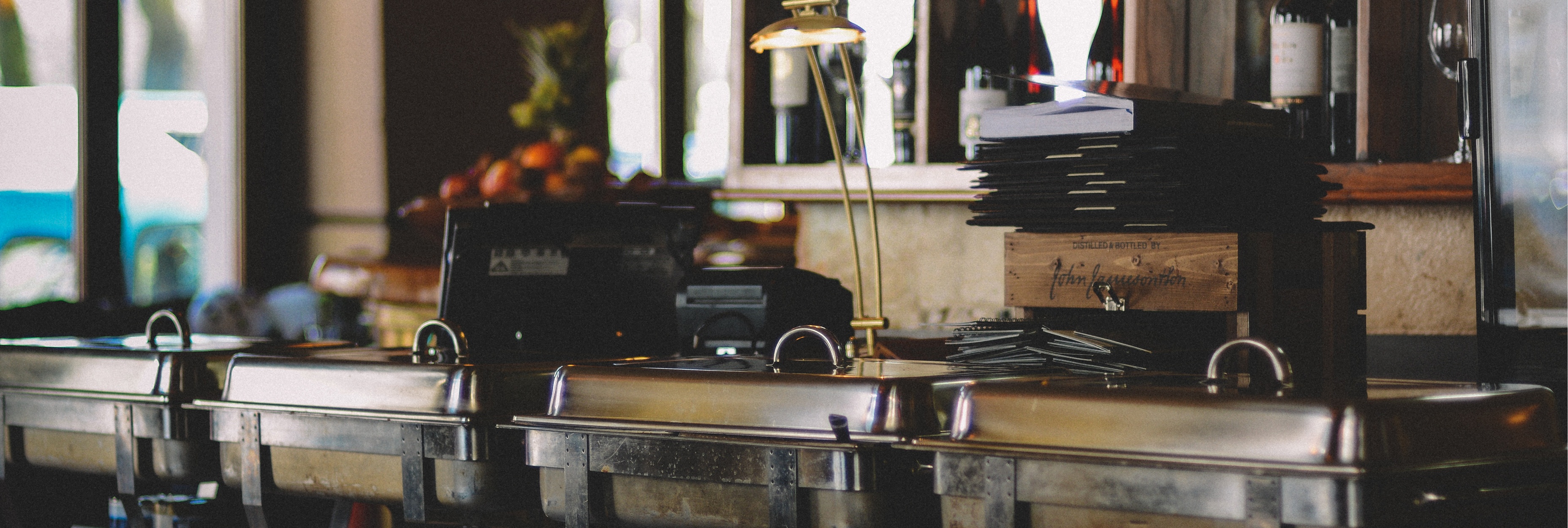In many ways 2016 felt like a seismic year for the British hotel sector. April saw the introduction of the National Living Wage (NLW) with hospitality firms required to pay staff over 25 at least £7.20, a 50p increase on the previous rate.
In June many were left reeling by the Brexit vote and the crash of the pound to a 31 year low against the dollar. Analysts are now predicting a 3.4% increase in food costs in 2017 alone. Hotel operators are being squeezed from almost every angle with increasing costs, price sensitive customers and increasing competition.
Now more than ever successful hoteliers need to stay ahead of the pack, and so to kick off 2017 we’ve summarised some of the most important trends from experts from around the world.
1. Competition will intensify, particularly in London
According to PwC, a combination of uncertainty following the Brexit vote, security concerns and significant increase in supply will drive price competition as hotels fight for custom. 7,000 new rooms are expected to be opened in London, about the same as Edinburgh, Manchester, Aberdeen, Belfast, Birmingham, Cambridge, Liverpool, Leeds, Glasgow and Bath combined.
Whilst a temporary bounce in tourism due to the weak pound may partially offset this growth, experts forecast RevPAR down by 0.5%. This still compares favourably with other cities though, and the story in the regions is more positive with RevPAR growth expected at around 2.3%.
2. To compete hotels must create an experience from their F&B
“If you only sell a bed, you are in competition with Airbnb” says Peter Banks, General Manager at Rudding Park. Even with recent concessions made by the site to limit London rentals to 90 days, hoteliers all over the world are still facing stiff competition from the sharing economy.
One way that we expect to see hotels respond is to create unique and ownable experiences from via their F&B offer. Muriel Muirden, trend forecaster at global architecture firm WATG, points to the rise of the ‘edible resort’ which is where hotels place an increased emphasis on the provenance of their food in relation to the building. For example, last year AccorHotels pledged to build vegetable gardens in 1,000 of its properties.
Elsewhere, Kittitian Hills in the Carribean has created the world’s ‘most edible golf course’ where guests find lush crops and fresh fruit trees alongside a beautiful setting. And more and more hotels are offering the opportunity to meet with their head chef or dine at a special chef’s table to create a differentiated experience for their guests.
3. Hotels take an increasingly scientific approach to reduce waste of all kinds
With increasing pressure on RevPAR and rising costs, hotels will need to laser in on any inefficiencies within their operations to reduce waste in the form of space, product or time.
Reducing unused space, IHG and design firm IDEO are working together to redefine how public space is used for business travellers. Instead of often under-utilised lobbies which generate little or no revenue, new ‘Flex Meeting’ spaces will capitalise on the co-working space trend for business travelers. Guests will also be able to order food and beverages delivered to their spaces using ipads.
At the back of house, increasing food costs will push savvy chefs to squeeze every last drop out of their food budget to maintain margins. Hotels will increasingly look to digital tools to measure and monitor waste to drive cost savings.
Tell us what you think
Do you agree? We’d love to hear your thoughts on what the important trends will be in 2017. Let us know in the comment section below.
Photo credit: Mohammad Saifulah via Unsplash











Comment on my blog